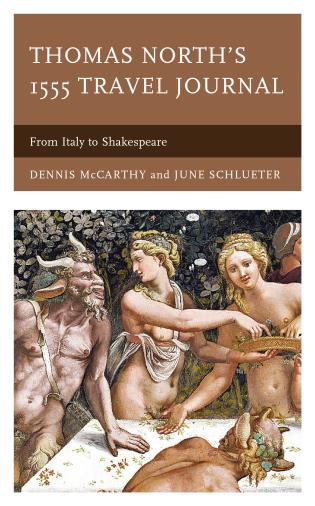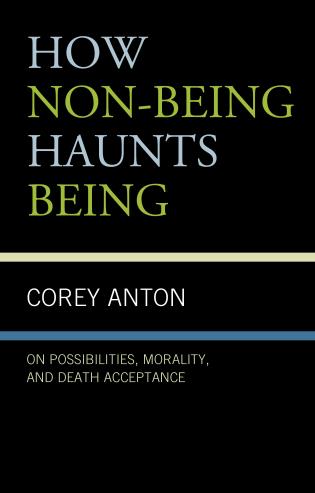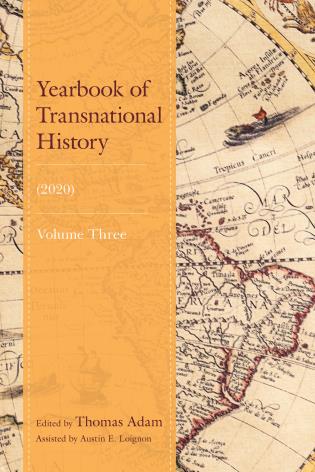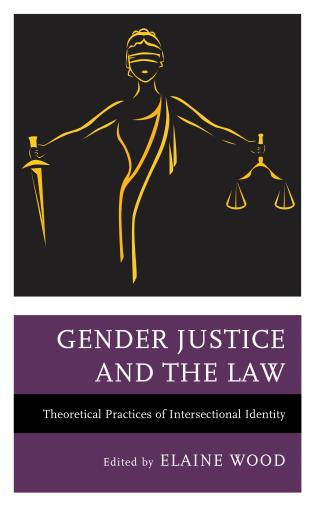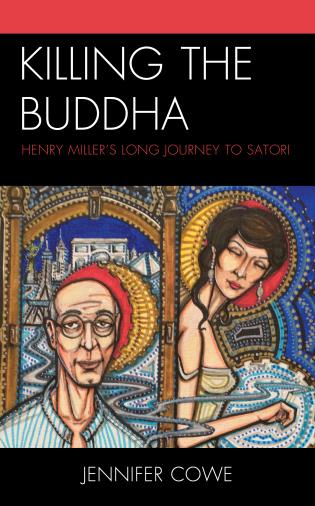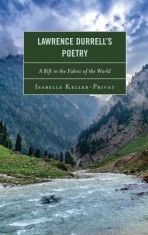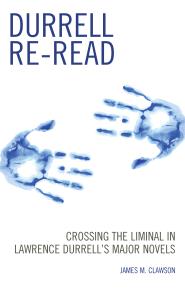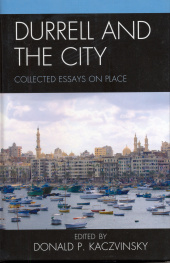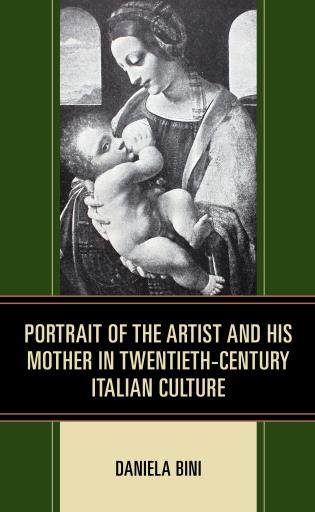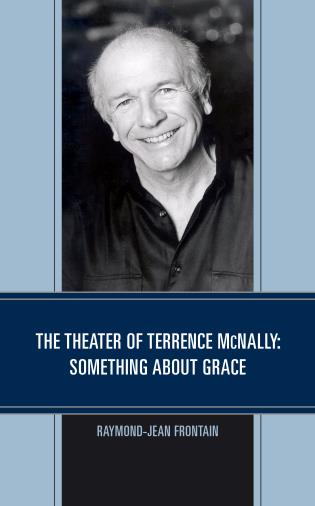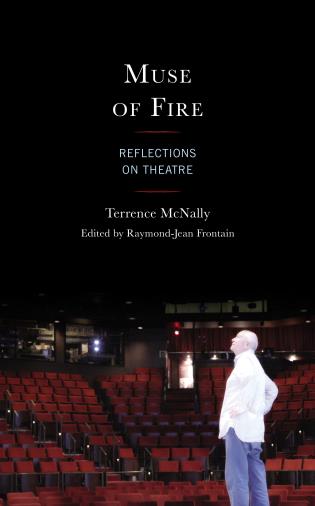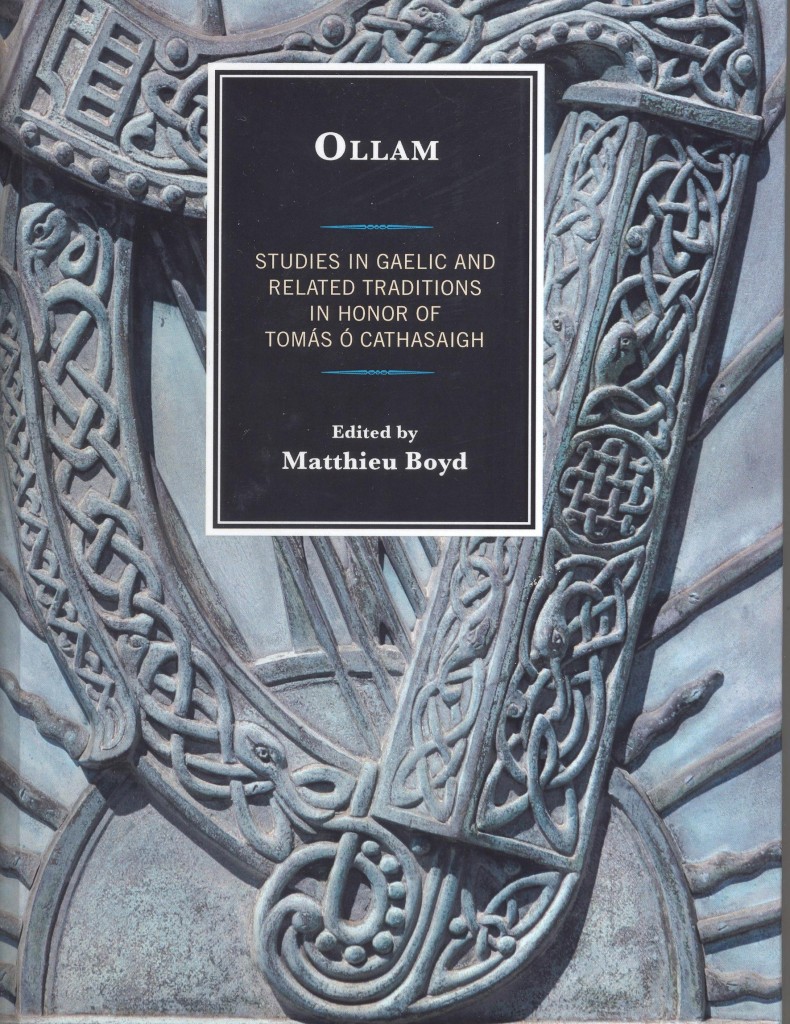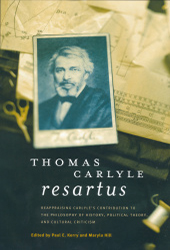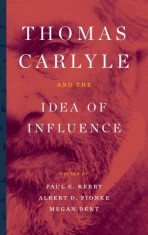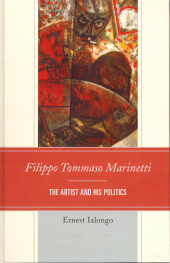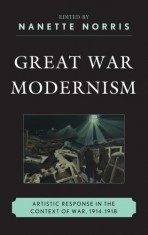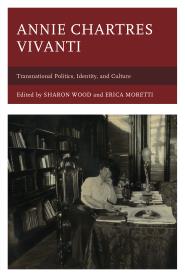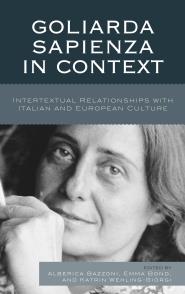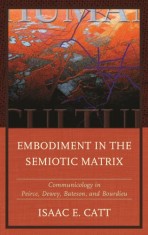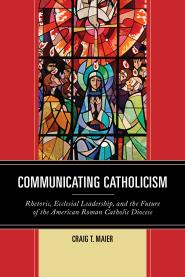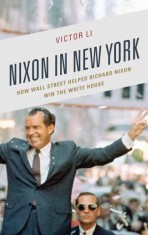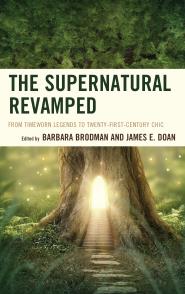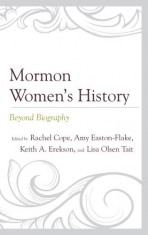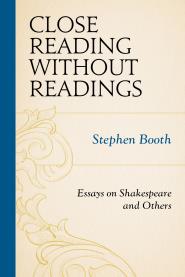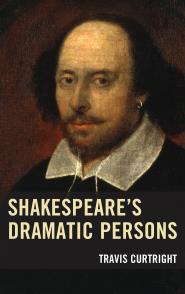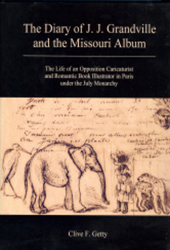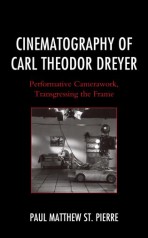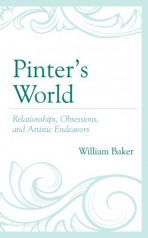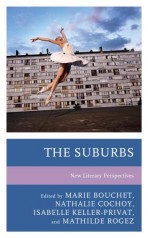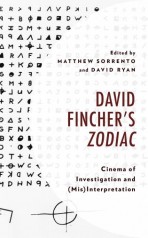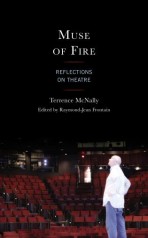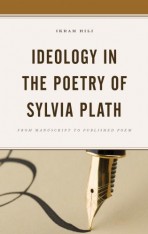Annessa Babic’s essay collection, Comics as History, Comics as Literature: Roles of the Comic Book in Scholarship, Society, and Entertainment, covers the international comics scene and includes a diversity of approaches and topics.
- Have you always been a comic book fan? Can you explain why?
Ha! Most people think I must be a life long fan since I ended up making a career on comic scholarship . . . in all truthfulness, I didn’t really read them as a kid. I was more into textual books, with Heidi, Cold Sassy Tree, and Anne of Green Gables (the entire series) taking center stage from an early age. I wanted to escape and let the characters form in my own mind . . . My older brother loved comics, so much that he often tried to jump off the roof of our garage with a bed sheet as a cape! Of course, this is the same kid that would put a Van Halen record on (yes, records were still the rage in my childhood), flop out with an issue of Batman on his Star Wars sheets while I lounged on his floor reading one of those thick tomes I mentioned. I have some fond memories of him pestering me on why I had to read those big books when his comics came with action and pictures . . . of course, round about then—in boy fashion—he’d lurch across the room trying to act out some scene of heroic design. His lanky body would usually crash into something, breaking whatever was in his path, and . . . you get the picture.
Ironically, though, most of my friends found portals of pleasure in comics, and they have always conversed with me about them. Particularly after I started writing about comics the random emails, texts, and social media messages have increased. My politics, feminism, working class roots, Army brat (a term I’ve always despised) background, and general vocal nature often makes these conversations more than lively. In graduate school a professor handed me a news clipping on Wonder Woman . . . I remember being taken back, a little uncomfortable, and moderately dumbfounded. At that point I wasn’t sure what I was going to mark my academic career on (heck, these days I still think I don’t always know) and Wonder Woman was a secondary part of my dissertation. I think those early encounters with professors and friends pressing Wonder Woman clips on me steered me on a fun path I never intended. A pleasant surprise . . .
In the years since, the Wonder Woman paraphernalia and clips have become a comical mainstay. After my divorce, a friend I’ve known since we were thinner and had far bigger hair sent me a Wonder Woman deck of cards and a plastic doll. Since I’ve been travelling so much, for conferences and travel lit projects, she wanted me to take Wonder Woman on the ride. I obliged. Of course, Wonder Woman showing up in the stacks at the Hastings Center last summer while me and a writing partner were doing research on abortion and abortive discourse the image of Wonder Woman on the books was a sight of irony at its finest.
- One of your favorites is Wonder Woman. You included your own essay on her in the collection, and other by Peter W. Lee. What draws you to this character?
Wonder Woman started as a secondary mark for me. I was in the infant stages of dissertation research and World War II imagery conjured up this lady (gleefully, I’m in the end stages of finally putting that manuscript in the hands of my editor for publication). I then kept coming back to her imagery, and at one point I went down a rabbit hole of reading all of her issues from the Golden Era. Yeah, that was part procrastination justified via the loose frame of research and it was part earnest research. Seriously, there were a handful of spring days I sat in a lounge chair reading old issues, drinking copious amounts of coffee and tea, and forgetting about the burdens of the world. Of course, in my over-achiever fashion, I read them in lumps, so that when I had jolt-me-awake dreams that Wonder Woman and I were sliding down a slide together and in the invisible plane with failing navigation I figured I should start owning it. With that, Wonder Woman because a central character to my interpretation of late 20th century history.
Of course, she does stand for great marks of female assertive behavior, independence, and creativity. Thus, just as Ms. Magazine saved her from the gutter (of her short, sad era of no powers) and reignited her as an icon of women’s voices, powers, and importance for social space and growth Wonder Woman serves as a great reminder that women still need to fight for places, voices, and rights. The classic Wonder Woman storylines always towed the line of her loving Steve Trevor or staying single and free to maintain the good fight. This internal battle is still a struggle for women and girls now as women still make around 77 cents to the male dollar and they are still promoted at slower rates than men. Not long ago, while playing dress up with Monster High Dolls with my youngest agnostic daughter, she asked me why I like Wonder Woman (her Mom, I think, told her). My answer: “Because she serves as a reminder for me and you to continue the fight so that we always have choices.” Right now, in March 2016, we are still fighting to see a women contend for the Oval Office. Hence, Wonder Woman is a character that tugs on the strings of my activist, feminist soul.
- Christina Dokou’s essay, “Seen City,” calls the film Sin City a “translation” of the comic rather than an adaptation. What are your thoughts on that? Should a film director merely “translate” the work down to the very comic frames, or does that render the original work redundant?
I remember reading Christina’s abstract and thinking, “Did I just read that right?” I read it three more times, and with each read I sat there thinking “wow!” I’m biased, as I obviously published the essay, but I think she hits something on the head here. Translation is really what we are doing when we read. Characters rarely appear the same to two people, and with every film version of a book, comic, or story interpretations are going to come into question.
A great case in point: the Harry Potter movies. When they first came out there were cries about everything from Harry to Dumbledore not looking like they did in the books. Yet, those images have become mainstream. For the record, my beef was always that Hermione’s teeth were not accurate to the book in the early days. Now, we have a Harry Potter play coming this summer with Hermione cast as a black actress. Hence, this is a translation based on our current world. J.K. Rowling first published Harry in 1997 (1998 in the United States), and in twenty years the world has changed leaps and bounds! The internet, the world of smartphones, and geo-politics alone mark some of these changes.
The long way to my point: think back to learning a second language. Non-native speakers near always have quirks . . .we are either more formal, eschew slang (as it doesn’t always make sense to us, or (most often) loose ourselves in syntax. I’m one of those syntax people, where I see things literally and make an inadvertent comedy of myself by missing the subtle notes of human interaction. That’s the beauty of these films . . . they can never capture it perfectly for everyone. Constant remakes, in film noir, campy atmosphere, retro throwback, or so-called literal translations will always leave us another layer to analyze.
- What do you think of the many film adaptations of comic books being produced today? Do you have favorites (or ones you dislike)? Are there are too many of them?
Oiy vey, as a New Yorker says . . . there are a lot of them . . . I think there are people who expect me to be old school and say things like the 1970s Wonder Woman television show is my jam. Eh, don’t get me wrong I dig some good ‘70s mojo like every other Gen Xer craves Clearly Canadian beverages, but in all reality the current running Gotham and The Flash are my favorite TV creations. Gotham for the gritty, dirty, retro New York that is hard to find under layers of gentrification and rezoning, but one that the apt observer knows can resurface if economies and upkeep practices fail. The dark, moody nature of the plot and scenes are a nice diversion from typical visual imagery of bright, perfectly placed color and happy endings. As for The Flash: I think that comes from two reasons. The story line is quick and engaging, it appeals to the millennial crowd while not alienating the “older” groupings (again, I look around to see when Gen X got old), and to gals like me, Jesse L. Martin is a good draw. I still remember him from the original Rent run (and yea, I just aged myself) so him and Tom Cavanagh bring a nice balance to the cast. For me it’s a nice rhythm on screen.
For movies . . . someone somewhere is going to roll his or her eyes, but . . . The Watchmen. I was a visiting hire in Virginia when that came out, and I remember going to the theater near midnight to watch it. I had to drive about an hour, as I was living in nothing short of the boondocks then, and the crew in the seats that night made for an entertaining few hours. This was shortly before checking in became the rage for social media, and it was in the infancy days of smartphones. So, aside from the movie really capturing the feel and storyline (including the dreaded rape scene), I continually bring this flick up to my current students. Why? The lack of computers and so-called technology did not hamper these individuals from civic and community action and connectivity. Of course, that storyline of community action is a debate for another time . . .
- Comic writer Alan Moore has disdain for the term “graphic novel” and prefers his work to be simply called comics, despite its complex and nuanced themes. Does it matter if we call them graphic novels or comic books? Should one term hold more weight than the other?
Oddly, I used think there was something perverse about calling a comic a graphic novel. Yet, if you really think about it all comics are graphic novels in serial style. Perhaps if we still published novels as serial installment in magazines, like pre-war America ate up, then we wouldn’t see such a divide here. Of course, earlier I mentioned how I can be a bit literal—yes, like Sheldon from The Big Bang Theory—so yea I see how my stance here can be seen as odd. Though, look at it literally with me . . . comics are just continuing the story . . . hence, graphic novels. Also, more foundationally, our attention spans are changing, our reading methods, and so forth. Just as Earnest Hemingway once wrote his infamous six word short story, more books are meant to be consumed in one reading . . . thus, the once comic is now broaching on the norm of a novel length.
 Fairleigh Dickinson University Press
Fairleigh Dickinson University Press